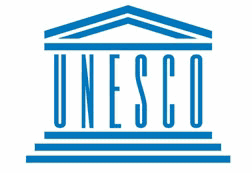
Oscar J. Jeke
Zim Now Reporter
Cameroon has received a significant boost to its education system, with UNESCO pledging US$44.5 million during last week's World Literacy Day celebrations.
The funds, provided by UNESCO Director-General Audrey Azoulay, aim to modernise the country's education curriculum, aligning it with contemporary standards while focusing on multilingual education. This initiative will also see extensive training programs for 15,000 teachers and 13,000 headteachers, trainers, and educational professionals.
The overhaul includes the provision of over 4 million textbooks and teaching manuals, ensuring better educational resources for students and educators alike. Additionally, a school feeding program will be introduced, targeting children from low-income families, to promote attendance and reduce barriers to education.
Azoulay, who visited Cameroon’s capital, Yaoundé, for the occasion, praised the country’s efforts to improve its education system, particularly in the realm of multilingual education. She acknowledged the success of the Yaoundé Distance Education Centre, which has trained 300 teachers and developed over 1,800 multilingual courses for general and technical secondary education.
Related Stories
“Thanks to the Global Partnership for Education, we are mobilizing US$44.5 million to enhance Cameroon’s school system. This exemplifies UNESCO's unwavering commitment to supporting all member states in their quest for universal education access,” said Azoulay.
UNESCO’s contribution to Cameroon is part of a broader initiative that has also benefited other African nations, including Burundi (US$15.7 million), Chad (US$48.2 million), Côte d’Ivoire (US$39.5 million), and the Republic of Congo (US$10.7 million).
A key component of this support is the creation of EDUCA-TV, UNESCO’s new educational television channel, which will broadcast 24/7 across 20 African countries. The channel will offer a range of programming, including academic content to help students prepare for exams and non-formal education on public health, environmental protection, and media literacy.
"EDUCA-TV will be accessible free of charge and will be a valuable resource for learners across the region," added Azoulay.
During the celebrations, it was emphasized that literacy remains a global challenge, with 754 million adults worldwide—two-thirds of whom are women—still unable to read or write. Additionally, 40% of the global population lacks access to education in their native language, highlighting the continued need for efforts like UNESCO’s to expand educational opportunities.
This initiative marks another significant step towards achieving UNESCO’s goal of universal access to quality education and underscores the organization’s commitment to fostering educational equity across Africa.










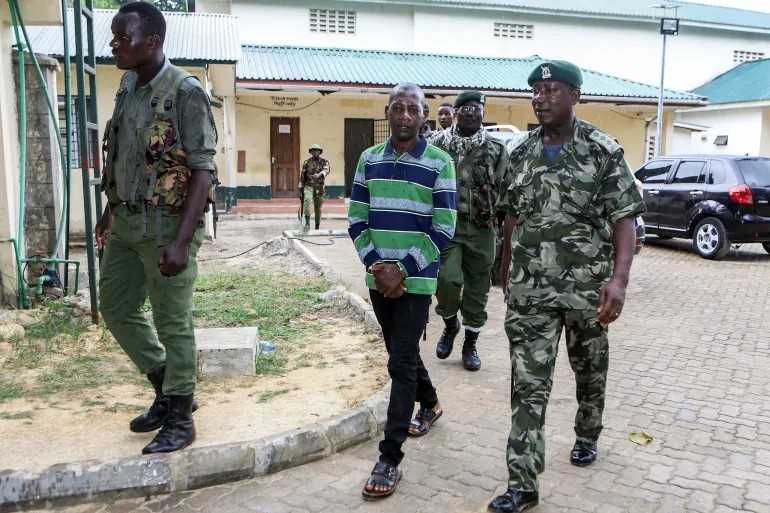
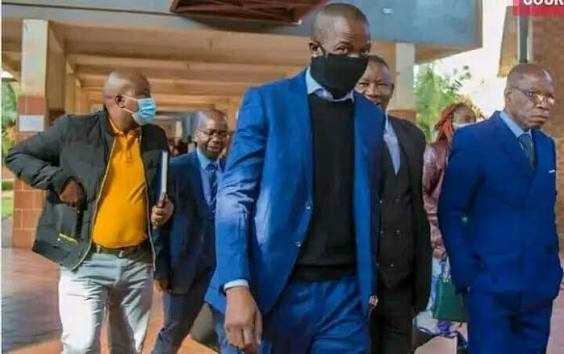
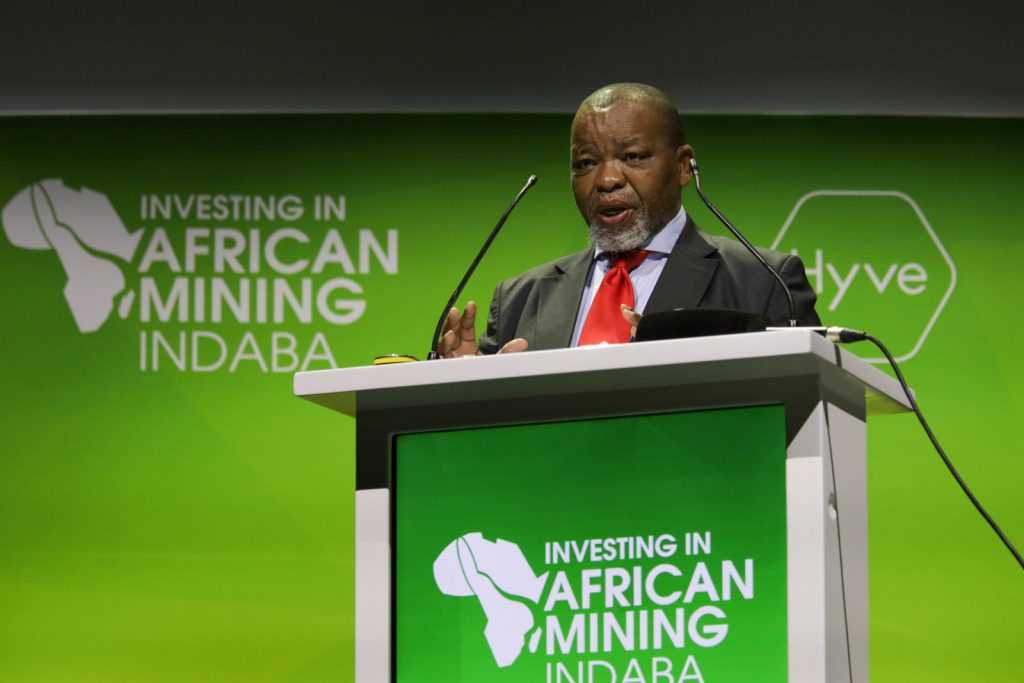


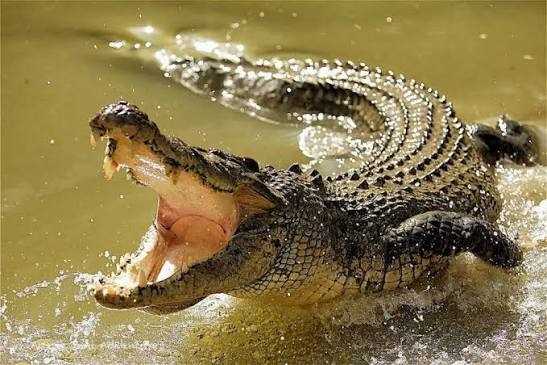



Leave Comments